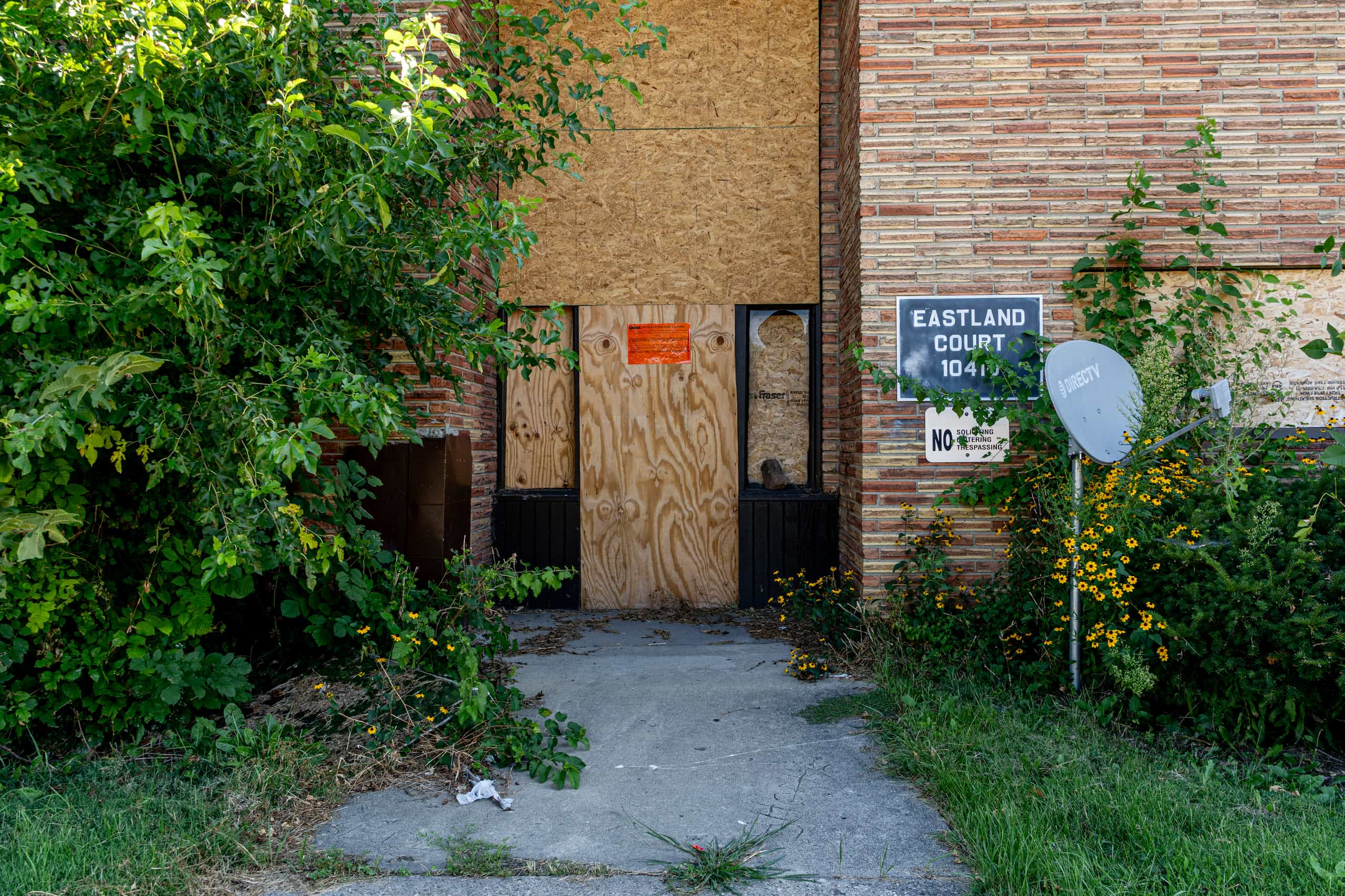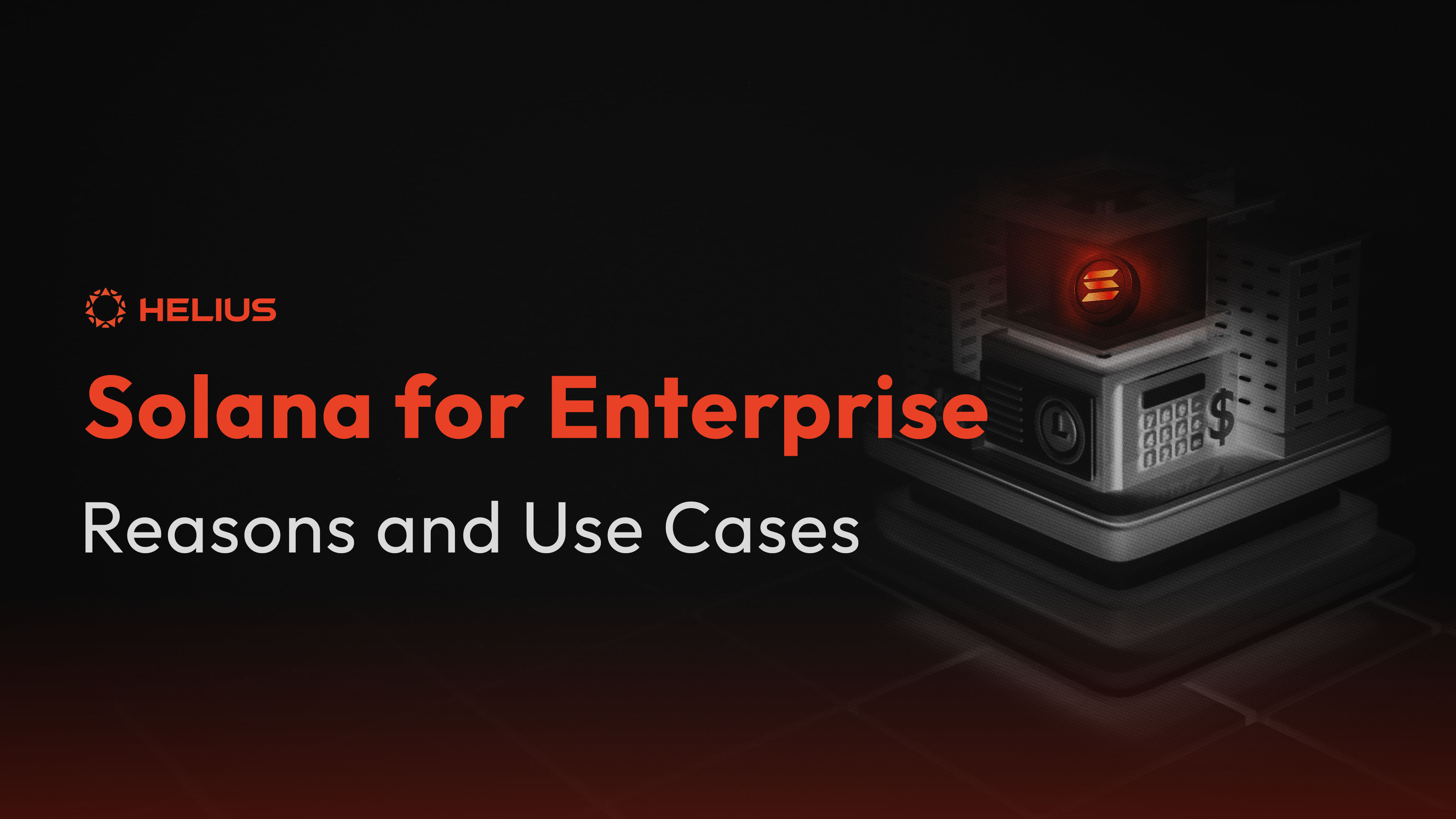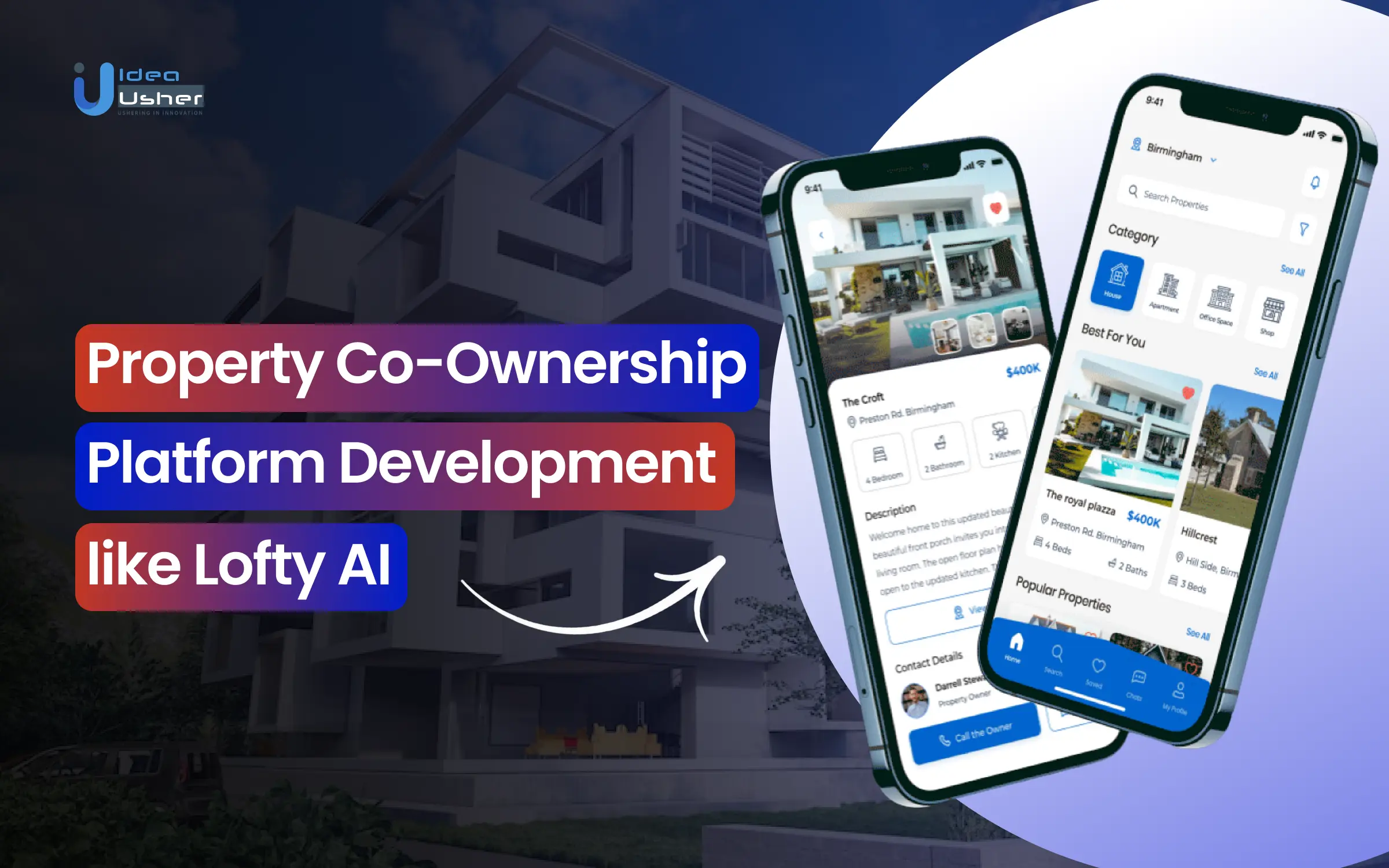
Tokenized real estate has moved from theory to practice, with data-driven results that directly challenge the status quo in property investing. By leveraging blockchain, platforms like RealT, Homebase, and Lofty AI have democratized access to rental income streams and introduced unprecedented liquidity. Investors are no longer bound by high entry costs or regional limitations – instead, they can participate in fractional ownership models with as little as $50 and receive daily rental distributions.

Fractional Ownership: Lower Barriers, Consistent Returns
The most compelling feature of tokenized property is the ability to own a share of real-world assets for a fraction of the traditional cost. For example, RealT has successfully tokenized over 300 properties in Detroit. Investors purchase tokens starting at $50, with reported annual yields ranging from 8% to 15%. Rental income is distributed daily, directly into investors’ digital wallets. This model not only enhances accessibility but also provides a level of income frequency rarely seen in conventional real estate.
Similarly, Lofty AI offers fractional shares in over 180 properties. Their Memphis property was split into 10,000 tokens at $50 each; investors could start earning daily rental income with an outlay as low as $2,500 (for 50 tokens). The transparency and efficiency of these platforms set a new standard for both retail and institutional participants.
Case Studies: Real-World Token Income Results
The numbers speak for themselves. Consider these data points:
Key Tokenized Property Rental Returns (2023–2025)
-

RealT (Detroit): RealT has tokenized over 300 Detroit properties, enabling fractional ownership from as little as $50. Investors receive annual yields of 8%–15%, with daily rental income distributed directly to digital wallets.
-

Homebase (South Texas): In March 2023, Homebase tokenized a $235,000 single-family rental on Solana, raising $246,800 from 38 investors. The platform democratizes access, with 78% of investors being non-institutional.
-

St. Regis Aspen Resort: In 2018, Elevated Returns and SolidBlock tokenized the resort by issuing 18 million digital tokens at $1 each, representing an 18.9% ownership stake—a pioneering move for luxury commercial real estate.
-

Lofty AI (Memphis): Lofty AI has tokenized over 180 properties. A Memphis property was divided into 10,000 tokens at $50 each, allowing investments as low as $2,500 and providing daily rental income to token holders.
-

Reental (Jacksonville): Reental’s Jacksonville 5 property, valued at €136,500, offers an estimated total return of 10.077% and an annual rental return of 9.07% via tokenized investment.
Homebase, operating on Solana’s blockchain infrastructure, recently tokenized a $235,000 single-family rental in South Texas. The offering raised $246,800 from 38 investors within two weeks – a clear signal of market appetite for blockchain-enabled real estate deals (source). Notably, about 78% of Homebase’s investors were non-institutional participants.
Reental’s Jacksonville 5 property, valued at €136,500 (~$146,000 at current rates), delivered an estimated total return around 10.077%, with annual rental returns clocking in at 9.07%. These figures are competitive even against traditional REITs and private equity vehicles.
The Data-Driven Edge: Transparency and Liquidity
The transparency inherent to blockchain technology allows investors to track their holdings and income streams in real time. Each transaction is recorded on-chain – eliminating ambiguity around ownership or cash flows. For instance:
- Daily distributions: Both RealT and Lofty AI deliver rental income daily rather than monthly or quarterly.
- No lockups: Fractional tokens can be traded peer-to-peer or on secondary markets without lengthy holding periods.
- Diversification: Investors can allocate capital across dozens or hundreds of properties globally without incurring prohibitive fees or paperwork.
This operational efficiency is not theoretical; it’s visible today across active platforms.






